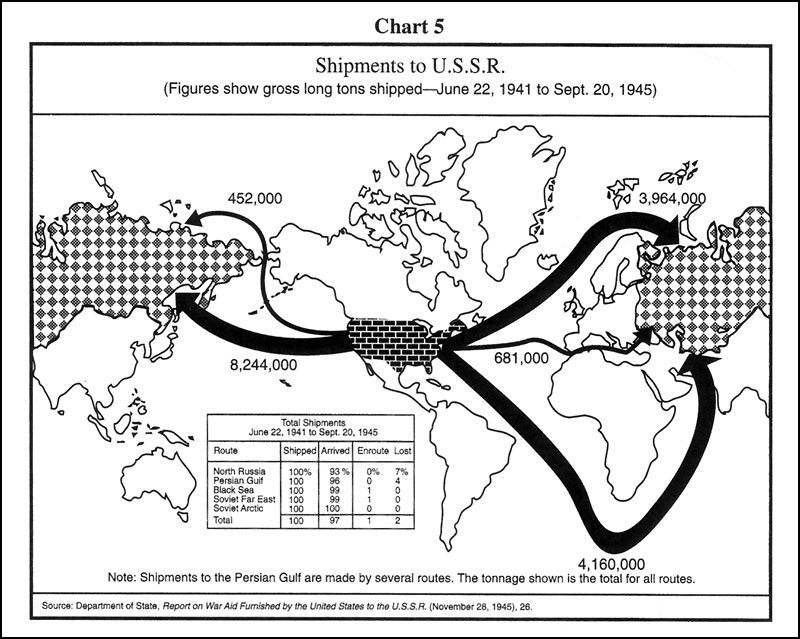History Learner
Well-known member
Yesterday marked the 80th anniversary of Operation Barbarossa, and befitting remembrance of that horrific event, I thought it worthwhile to create a thread discussing one of the big "what ifs" from that campaign.
Arguably, the failure to attach Japan to the coming campaign against the USSR represented the most serious policy failure of Hitler since triggering the Anglo-French declaration of war in response to his invasion of Poland. Japanese officials had been visiting Berlin in early 1941 and there was the opportunity to invite them into the planning for the coming war; rumors were indeed flowing and the Japanese foreign minister did make inquiries, but was rebuffed by his German counter-part. Unsure of German intentions, the Japanese therefore elected to seek a Non-Aggression Pact with the Soviets, securing their flank and allowing them to fully turn their focus southwards for the coming confrontation with the Western Powers; Operation Snow, triggered by Stalin by using Soviet agents within the United States, helped in this regard. Freed of the Japanese threat to the rear, the Soviets were able to fully force the Red Army upon the Wehrmacht and later on were able to import 50% of Lend Lease supplies-vital to the Soviet war effort-through Pacific ports which were only open due to the Japanese abiding by the aforementioned Pact with the Soviets.
This need not have been the case, however, as certainly the Japanese were interested in attacking the USSR and could be sufficiently convinced to do so. The IJA was firmly in favor of it, and was able to keep a lively debate in Tokyo concerning this ongoing until August of 1941, when events with America overtook such arguments and forced the hands of IGHQ. The Japanese foreign minister, despite being rebuffed by the Germans in April and having formed the Pact with the Soviets in the aftermath, was so staunchly in favor of the Strike North faction that he ultimately resigned over the refusal of the Imperial Government to denounce the Treaty he signed! Certainly German security concerns were valid, given the later revelation of the Sorge Spy Ring operating out of Japan, but the inclusion of dozens of Japanese divisions from the elite Kwantung Army as well as the cutting off of the Pacific ports would make such worthwhile. Furthermore, and arguably just as important, is that a Japan that has struck North is a Japan that has not conducted Pearl Harbor and brought the United States into the conflict...
Arguably, the failure to attach Japan to the coming campaign against the USSR represented the most serious policy failure of Hitler since triggering the Anglo-French declaration of war in response to his invasion of Poland. Japanese officials had been visiting Berlin in early 1941 and there was the opportunity to invite them into the planning for the coming war; rumors were indeed flowing and the Japanese foreign minister did make inquiries, but was rebuffed by his German counter-part. Unsure of German intentions, the Japanese therefore elected to seek a Non-Aggression Pact with the Soviets, securing their flank and allowing them to fully turn their focus southwards for the coming confrontation with the Western Powers; Operation Snow, triggered by Stalin by using Soviet agents within the United States, helped in this regard. Freed of the Japanese threat to the rear, the Soviets were able to fully force the Red Army upon the Wehrmacht and later on were able to import 50% of Lend Lease supplies-vital to the Soviet war effort-through Pacific ports which were only open due to the Japanese abiding by the aforementioned Pact with the Soviets.
This need not have been the case, however, as certainly the Japanese were interested in attacking the USSR and could be sufficiently convinced to do so. The IJA was firmly in favor of it, and was able to keep a lively debate in Tokyo concerning this ongoing until August of 1941, when events with America overtook such arguments and forced the hands of IGHQ. The Japanese foreign minister, despite being rebuffed by the Germans in April and having formed the Pact with the Soviets in the aftermath, was so staunchly in favor of the Strike North faction that he ultimately resigned over the refusal of the Imperial Government to denounce the Treaty he signed! Certainly German security concerns were valid, given the later revelation of the Sorge Spy Ring operating out of Japan, but the inclusion of dozens of Japanese divisions from the elite Kwantung Army as well as the cutting off of the Pacific ports would make such worthwhile. Furthermore, and arguably just as important, is that a Japan that has struck North is a Japan that has not conducted Pearl Harbor and brought the United States into the conflict...

